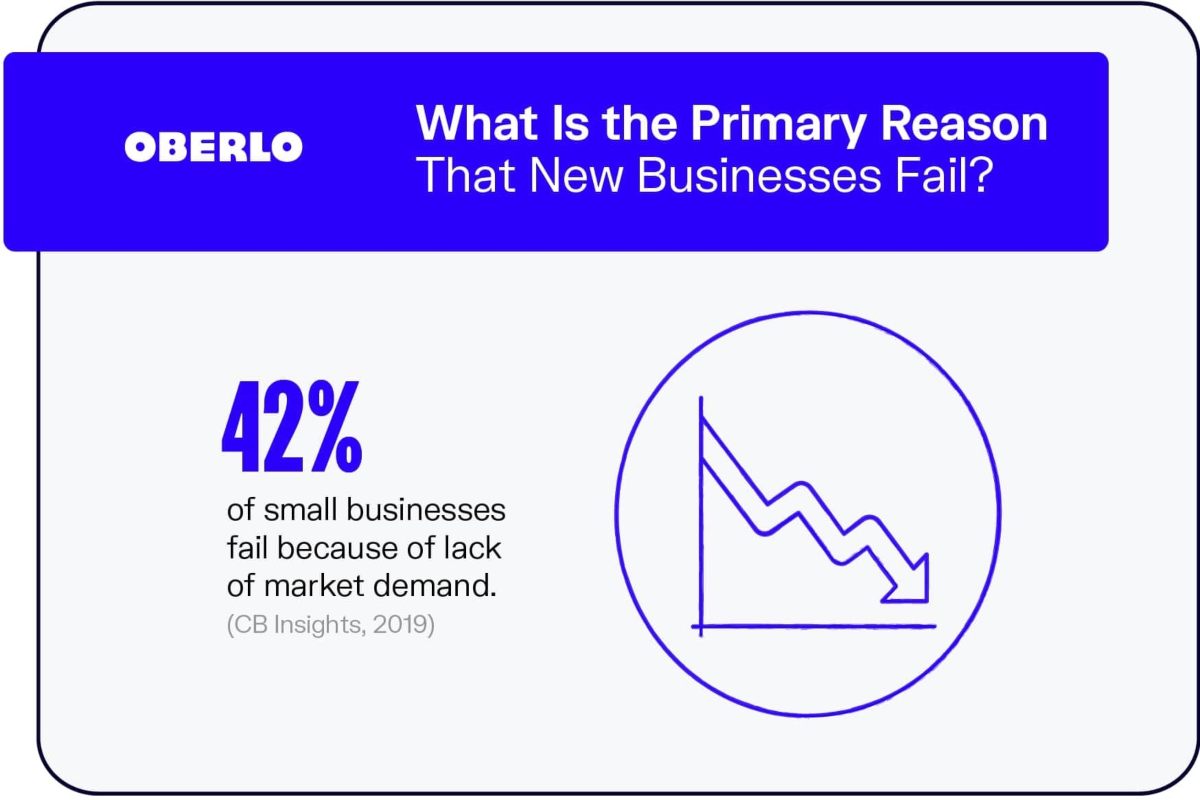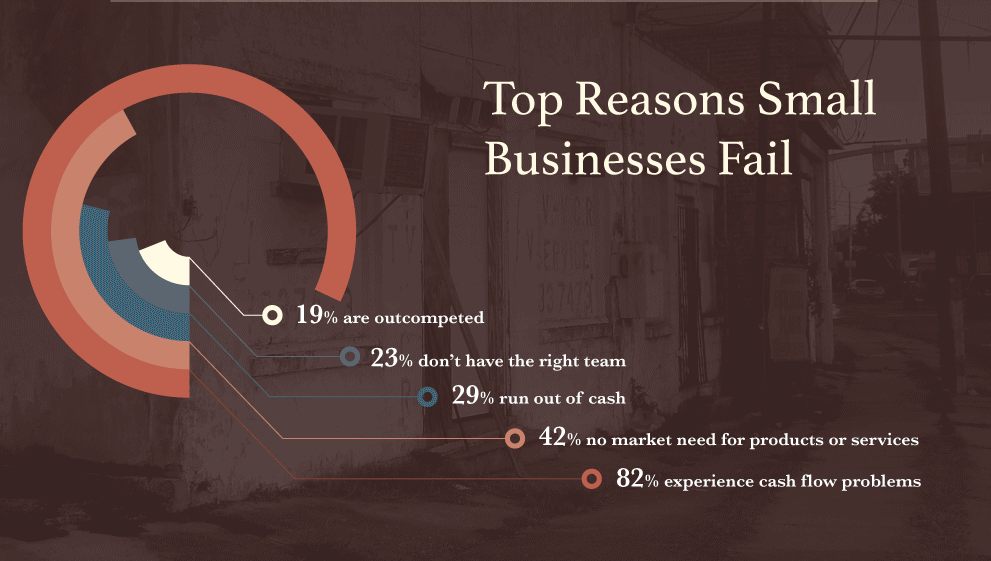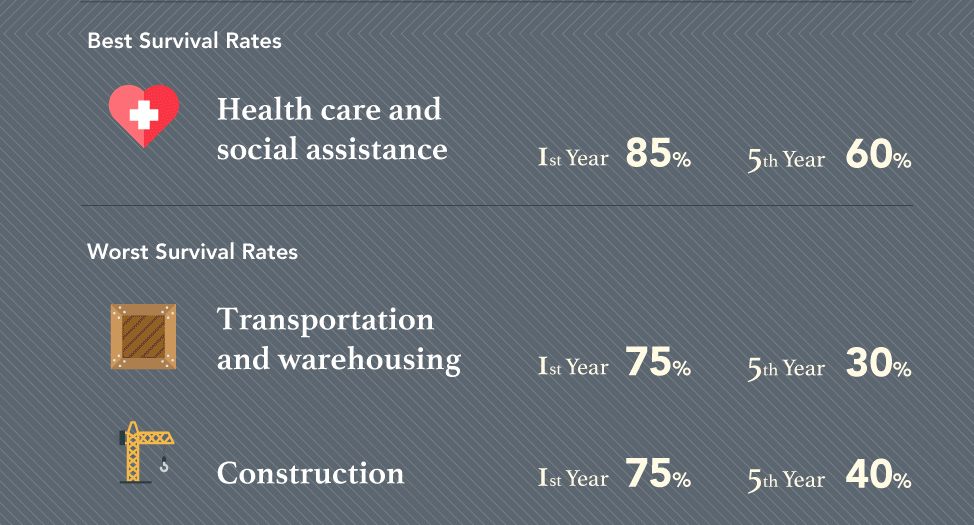When people say that starting a business is never easy, they mean it. After all, startups are always faced with trial by fire during their earliest days.
The market is full of burgeoning small businesses, startups, and entrepreneurs, and there is a lot of competition in every niche. The potential market is already bombarded in all directions, and every penny of the capital counts.
Even if your startup is for a niche business, the economic hit that the world has taken recently may mean that it won’t find its way to the audience right away as everyone is only looking for bare essentials. The steps that startups take in the early days will determine whether it will fall by the wayside or grow into a unicorn corporation.
Startups or small businesses and their owners will have a lot to think about during these times. They’ll need plenty of resources to help them find their footing. Industry buzzwords seem to be just about everywhere they turn with as they have plenty to be concerned about as the fledgling small business takes its first steps. They try to learn growth hacking, find ways to boost conversion rates, and reduce maintenance costs.
They analyze and modify the sales pipeline to determine the best way to make customers complete a purchase. Startups look into gathering their target audience’s information, making them sign up through their verified email address, and send them marketing emails.
Most of all, they need to think about making a community impact, which improves their word-of-mouth reach and increases recall in the population’s memory.
With all of the confusion that all of this entails, you may want to start with some clear-cut business guidelines. When there’s a proper roadmap ahead, the job of launching a startup can be made a little less stressful.
How Business Guidelines Light a Path for Your Company?
It’s very difficult (if not outright impossible) to have clear cut guidelines that might end up not being followed anyway. Setting down some business guidelines can benefit a company greatly, especially if it’s a startup.
For one thing, it ensures that your company and your brand aren’t defined by what your competition in the market does. You’re not going to be “the new (bigger company)” or even “the cheaper alternative to (product).”
By setting guidelines for your brand, for how your company handles processes, how it operates, all the way to how it interacts with customers, you can forge your path for the company with no one paving the way for you.
Furthermore, business planning thoroughly scopes out your intended business model, and all other succeeding plans can grow from that growth hacking strategy. Setting business guidelines right from the beginning lays the very foundation of how your startup will operate.
Death by Numbers: Avoid the Failure Statistics

It’s easy to brush off creating basic business guidelines in an attempt to move quicker—there’s a lot to do, after all—but startups need to beware of going in without a plan. The failure rate of startups is famous throughout the business world. Check the numbers:
- 20% of small businesses fail within the first year, while 30% will fail by the second year. By the fifth year, half of these businesses will have failed. In 10 years, only about one-third of startups would have survived.

- It varies throughout the different economic situations every year, but 42% of small businesses fail due to lack of market demand. Consider the sudden change due to the COVID pandemic: 31% of companies were rendered non-operational.

- 82% of startups also fail due to insufficient cash flow due to lack of market interest in the product or capitalizing on profitable opportunities.
- 23% of businesses also say that having the wrong team contributed to the failure.
- In small business, the survival rate goes after five years are:

- Healthcare – 60%
- Logistics (transportation and warehousing) – 30%
- Construction companies – 40%
The numbers do seem grim. But this is why business guidelines and setting them early are so vital for startups. It’s time to lay down the groundwork and get started.
The Big 5: Business Guidelines for Startups to Follow

1. Test and Analyze Everything
It’s not enough to produce a product. Even if the company is in a hurry to launch, it’s still critical to test every aspect of a new product or service.
It is important to use analytics tools due to things that need to be tested and analyzed from product effectiveness to how the marketing campaigns will be run.
Startups need to go by the SWOT rule to look into strengths, weaknesses, opportunities, and strengths. And don’t forget to pay attention to audience feedback. They’re the ones buying from you, after all.
2. Improvement should be the By-Order-of Magnitude.
It’s not enough to have a great startup idea. It would be best if you also had a distinct edge over the rest of the competition. A mere 10 percent of improvement over the rest of the field isn’t enough.
Finding your most significant edge in business, whether it’s a cost advantage or effectivity advantage, needs to come by order of magnitude. Continually innovating and out-performing competition is how to pull in both consumers and investors.
Furthermore, by showcasing constant improvement and innovation, you also increase its value and build trust within your customer base.
3. Don’t Forget the Bread and Butter.
It’s tempting to go crazy with new things once you get some steam as a startup. You want to add new colors, new features, new product lines, or other services.
It’s incredibly tempting when you see feedback from customers asking for one thing or the other. But it’s critical never to forget the core of your business. What was your original product? What is your primary goal and purpose?
Your business’s very core must remain intact for the business not to be carried away with bells and whistles. Your core product or service is the pillar of your business. Above all else, this is an area that needs to improve even as you continually add new products.
4. Know your Customer.
To produce great products and services that work in your startup, you always need to know your customer inside and out. By understanding and knowing your target audience, you can provide the technology, services or products that they need. Your business can become the solution to their problem, whatever that may be.
Segment the market (by demographic, age category, psychographic, or behavioral) and create a model of your target audience. What are they looking for? What do they prefer? Are they senior citizens or millennials?
Consider their pain points and what your business can do to alleviate them. Know how they would react or receive a particular concept. By knowing your audience, you will know how to create compelling services and marketing campaigns that they’re receptive to.
5. Always be Aware of the Laws.
Too many startups have fallen due to ignorance of specific business laws that govern their business or other legal issues that give them speedbumps. It’s critical to be aware of any laws or regulations that potentially apply to your startup.
Secure your business license and other essential approvals so that you won’t have to worry about them. It should be your first step.
Following that are employment laws. Go through employment laws with a fine-tooth comb with your human resources personnel.
Not only does this protect your employees, but it also protects you from any future lawsuits or problems should they arrive. You also won’t be pulled into any shady deals or contracts with suppliers or other companies.
Takeaway
The road from startup to success can be long and hard. It may take a reinvention in between, or it could be arduous for a long time. But this is the nature of startups; they must prove themselves as a quality company that consumers and look to and trust.
And because of that, startups need their business guidelines to ensure that they don’t stray too far off the path of success. Getting to a national or even a global level will involve plenty of difficulties and surprises, but having the guidelines can ensure that your compass keeps pointing you in the right direction.
What was your experience in a startup? Were you the business owner or an employee of one? Let us know your startup stories and how it went in the comments below.
Read Also:
- 10 Common Legal Mistakes Startup Owners Make
- 4 Common Financial Blunders Small Business Owners Should Avoid
- 6 Money Management Tips For First Time Business Owners
Author Bio:

Aaron Chichioco is the chief content officer (CCO) and one of the web designers of Design Doxa. Aside from his expertise on web/mobile design and development, he also has years of experience in digital marketing, branding, customer service, eCommerce and business management as well.
















